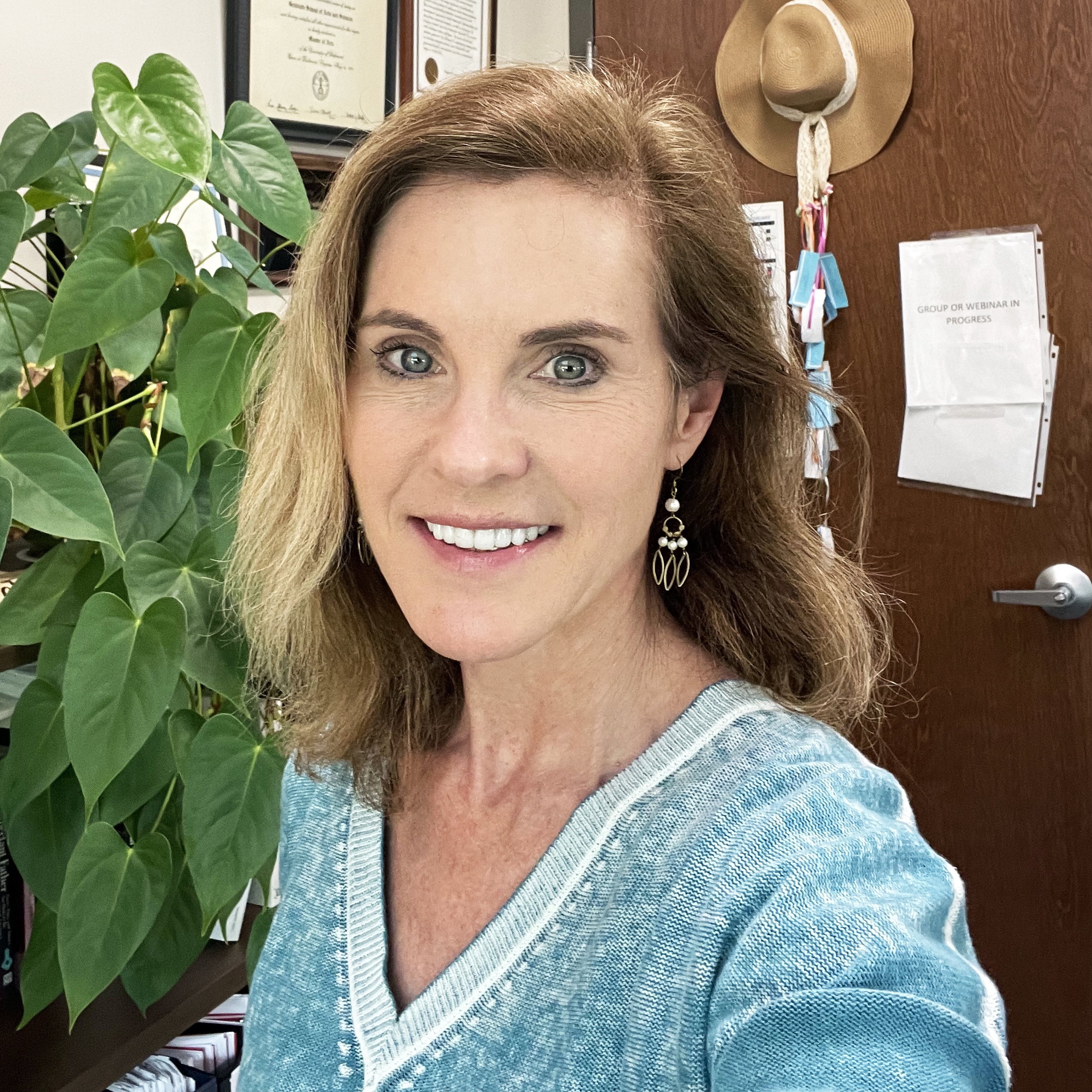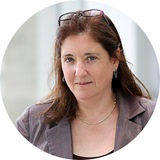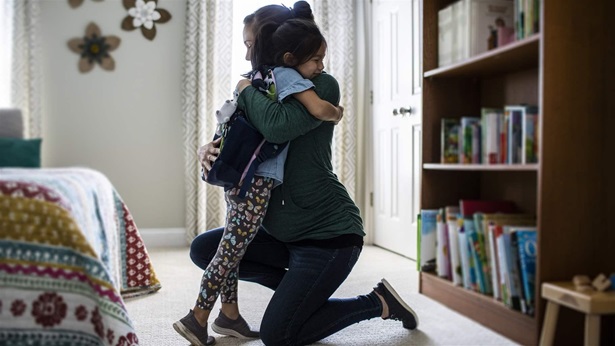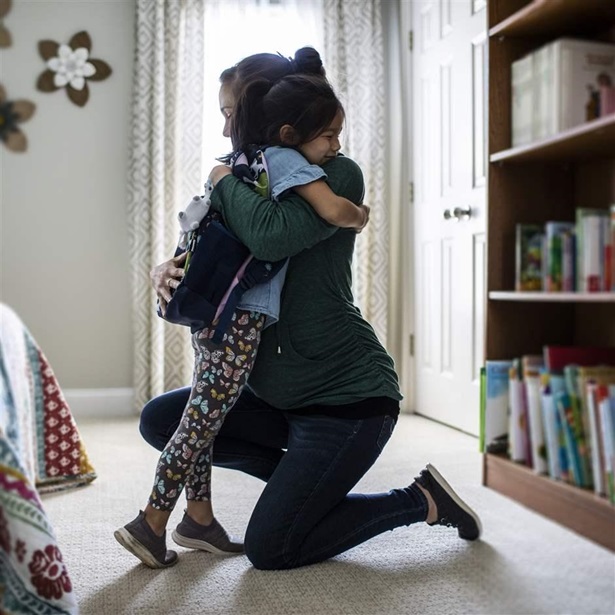In North Carolina, UNC Horizons Reimagines Addiction Treatment for Parents
Residential treatment program offers evidence-based care for pregnant and parenting patients and their children
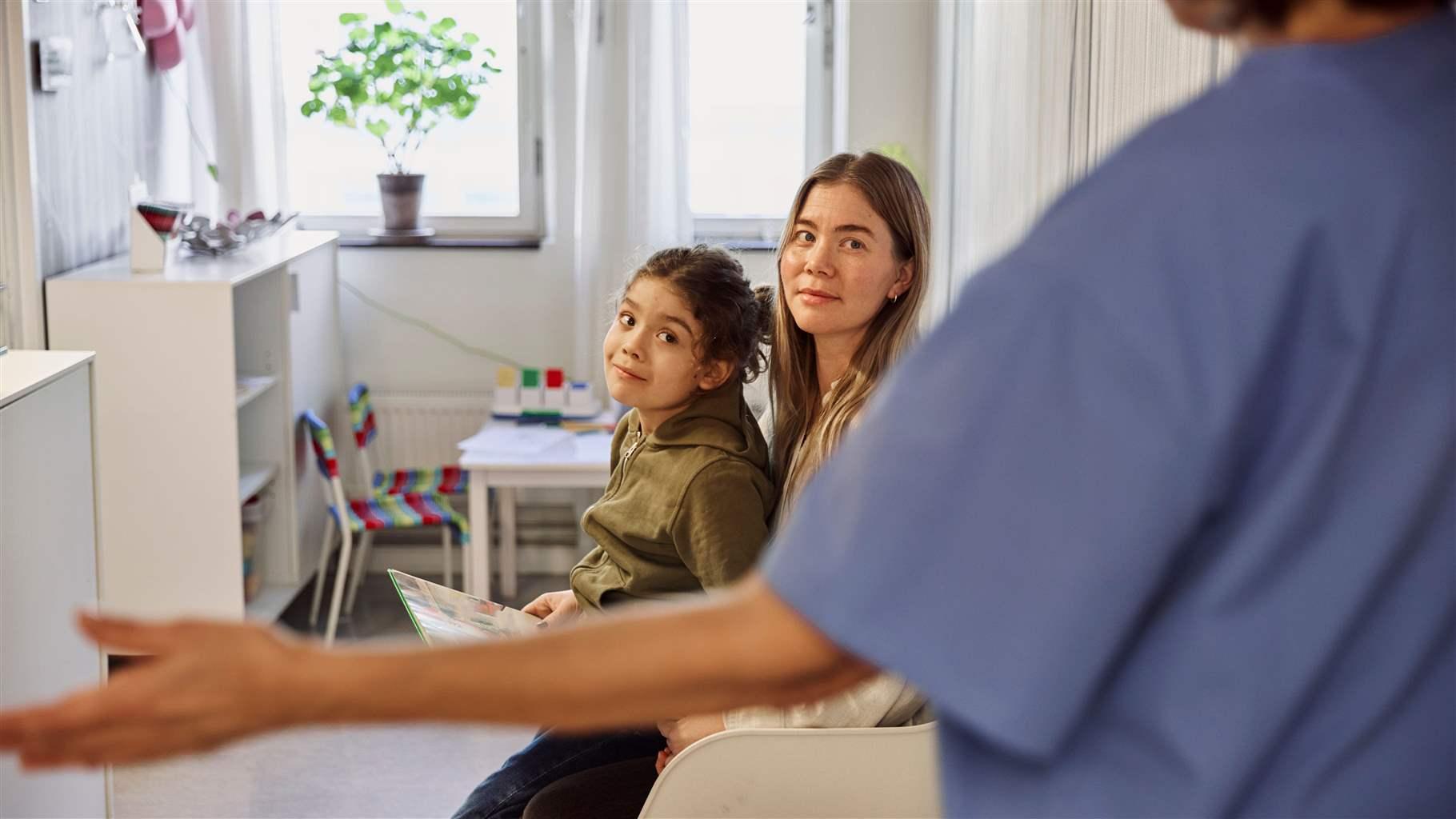
UNC Horizons provides residential care for pregnant people and parents with substance use disorders and is one of the few residential facilities in the country that allow children to stay with a parent. About half of patients entering the program are pregnant, and many give birth while in the program, which is a division of the Department of Obstetrics and Gynecology at the University of North Carolina School of Medicine in Chapel Hill. (Read more about patient perspectives on the UNC Horizons program.)
This interview with Hendrée Jones, Ph.D., the division director and executive director of UNC Horizons and a professor in the UNC School of Medicine’s Department of Obstetrics and Gynecology, has been edited for length and clarity.
Q: Why does UNC Horizons focus on treatment for pregnant people and parents?
A: The idea is to provide integrated care, so pregnant people can see their obstetrics provider as well as receive behavioral health services. And then their children can stay with them here after they give birth, or they can enter treatment with their children. Most of our patients use opioids; we prioritize pregnant people who inject opioids or are leaving incarceration, given the high risk for overdose death in these populations.
Q: What services do you offer?
A: We have a prenatal care clinic and five-star licensed trauma-responsive child development center, where all children are screened, assessed, and receive services. We also offer maternal child therapy, behavioral interventions such as cognitive and dialectical behavioral therapies to work on behavior change and coping skills, motivational interviewing, and group therapy. And we work hard to make sure every service we provide is evidence-based.
Q: Do you provide medications for opioid use disorder (OUD)?
A: We offer buprenorphine and naltrexone, and we contract with a local methadone provider. That way people can have “voice and choice” on which medication is best going to meet their needs. They start by meeting with our nurse practitioner, who determines whether they have an OUD and then talks about the pros and cons of each medication, as well as about detoxification or tapered withdrawal during pregnancy. The question we always ask is, “What role is the medication playing in your life to allow you to be your best self and live the life you want?” For some, staying on a medication to treat a chronic condition is what they want. For some, it's not—they feel there’s too much stigma and outside pressure to feel comfortable continuing their medication treatment.
Q: And it’s safe for patients with OUD to take medications while parenting?
A: Yes. Medications can stabilize parents, which helps stabilize children. One way we overcome stigma and discrimination against parents who are taking these medications is that we offer education and training to many social service and health care professionals. For example, we have a wonderful collaboration with our county’s Child Protective Services (CPS) providers, and we have reciprocal education efforts for our teams. We will train their team on the benefits of medications for OUD, and they provide education to our patients and team about the CPS process and ways to partner together. It is also rewarding for everyone when CPS sees that are our patients are doing well with their children in their care.
Q: What are the benefits of keeping families together during treatment?
A: Parents don’t have to make that gut-wrenching decision: “Am I going to stay sick while I try and parent my child, or am I going to seek treatment to get well and abandon them?” We bring them [patients and their children] together and heal that relationship. Mom is working on her relationship with herself, her relationship with her child, and the relationship of living with the other residents.
Q: How do the children benefit, other than being with a parent?
A: The children living in our program reach their milestones and sometimes even exceed them by the time they leave. We offer them structure with our parenting interventions and a safe place to live with routine, structure, and predictability.
And our maternal child therapists work very closely with the children’s schools. We interface with the moms and the school system frequently.
Q: What is housing like for patients and their children?
A: The residential units are in apartment buildings we rent and have licensed as a treatment program. Each patient gets their own apartment and—depending on the apartment’s size and the children’s age—can bring up to two or three children with them. We have rules, such as curfew and staff checking in every few hours, but it’s not a locked facility.
Q: What happens when patients leave?
A: Patients have an outpatient therapist and a psychiatrist who can prescribe OUD medications up to six months after leaving residence. And we have a cadre of people who help connect our patients with primary care physicians, local health departments, local dentists, and local food banks—whatever people need to feel supported in their community. Children also have continued access to our child development center even after they leave.
Q: How is UNC Horizons funded?
A: A portion of North Carolina’s block grant funding from the Substance Abuse and Mental Health Services Administration supports the program, with matched state funding as well. And we get Medicaid reimbursement for billable services, which supports about 40% of our funding. We also have donors who fill funding gaps so we can provide other services, like helping women go back to school, secure employment, remove their unwanted tattoos, receive dental care, or get their driver’s license restored.
Q: Do you think your program is replicable?
A: Absolutely—with concerted effort, collaboration, a multi-stakeholder approach, and a champion to put this complex program together. It takes a public-private partnership for a program like ours to succeed.
